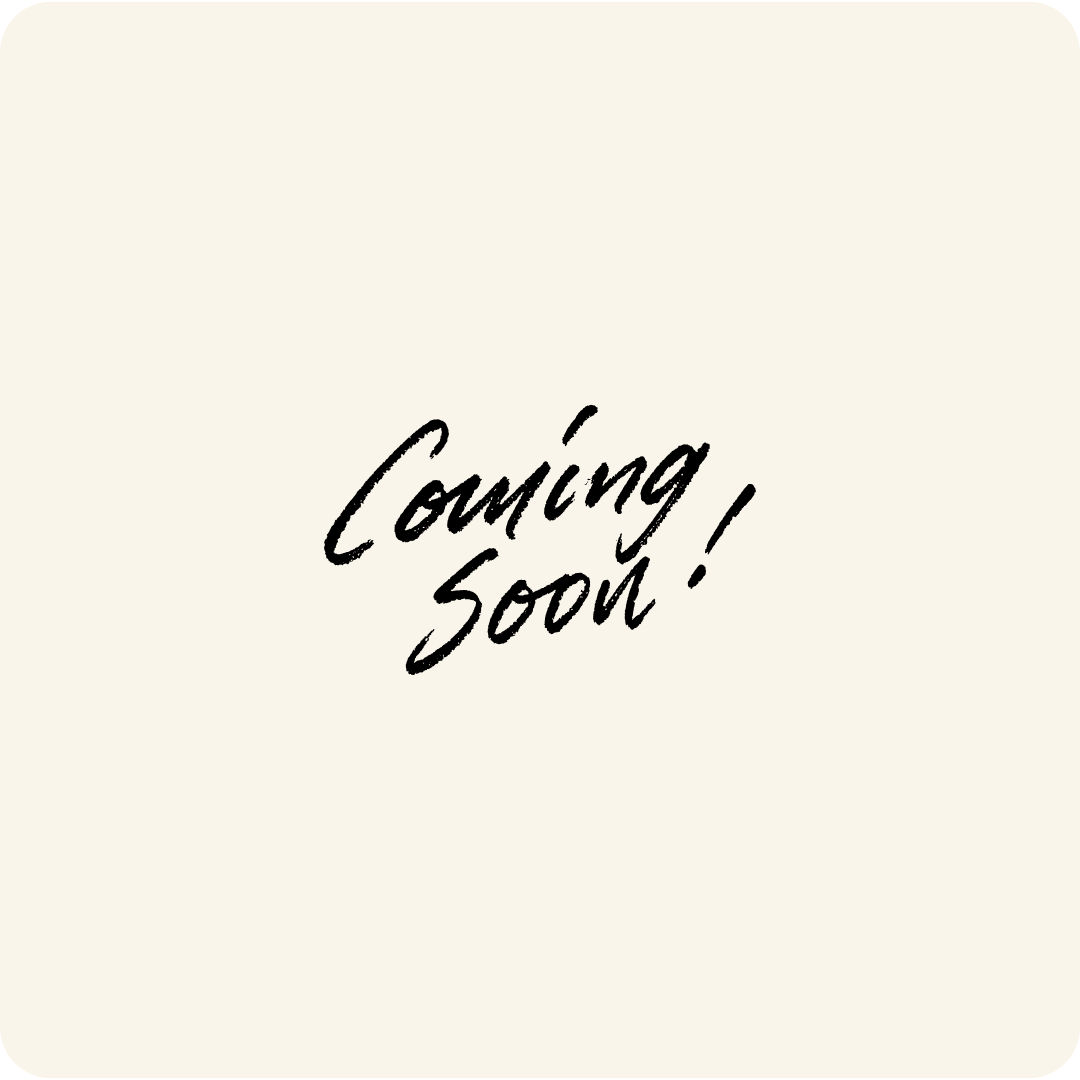WeCultivate: The Pod
A place to discuss how we think about and experience language and communication.
Not just "learn" them.
Return to Main Podcast Page
Episode 2 Transcript & Show Notes

Episode Summary
In this episode, I address the complexities of workplace English and communication, emphasizing that traditional education methods are insufficient for real-world application. Rather than pretending there is some magical list of hidden “native speaker” words, I emphasize the need for understanding the communication patterns and cultural norms specific to one's workplace.
Key takeaway: Learn how to observe and adapt to the communication patterns of your colleagues, and discover why a one-size-fits-all approach to language learning falls short in diverse professional settings.
Actionable Steps
-
Observe and Adapt to Your Workplace
-
Pay close attention to how your colleagues communicate, including the specific phrases and behaviors they use. This will help you understand the unique communication culture of your workplace.
-
-
Develop a Personalized Communication Strategy
-
Instead of relying on generic vocabulary lists, focus on creating a communication strategy that is tailored to your specific work environment and team dynamics.
-
-
Engage in Continuous Learning
-
Be proactive in seeking feedback and learning from your interactions with colleagues. This will help you continuously improve your communication skills.
-
-
Reach Out for Guidance
-
If you have specific questions or challenges, don't hesitate to seek advice from experts or colleagues who are familiar with your work environment.
-
Full Transcript
(00:00): So because the area that I work in is in between, let's call it advanced grammar and language concepts and workplace English and communication. I obviously get a lot of questions around this, so I'll start to answer some of the most common that I've heard over the years. The first being, what are the most frequently used words or phrases or concepts that I need to know for workplace English? And rather than being able to give most people a straightforward response, which is what I think all of traditional education has allowed us to unfortunately believe. The first thing that you'll get back from me is a question around what is your workplace like? So you'll need to describe for me - how do people normally communicate? What do you notice inside of all of these different patterns and these behaviors from your coworkers and your colleagues? This is because of the fact that we are no longer inside of what we'll call more classical or normal language learning. (00:58): We are inside of taking into account all of our different organizational, cultural, sociocultural, interpersonal, social dynamic kind of space. We are no longer inside of what any sort of textbook can tell us. What I would suggest, and this is what I tell everybody, I don't suggest learning vocabulary simply because of the fact that it's advanced vocabulary and you're going to have to use it because advanced means professional. Advanced does not mean professional. Professional means that you need to be thinking about your local environment, your local organizational culture. This may not be your ethnic culture. This is the culture of your company. This is the culture of your team. This is knowing how to observe how people are communicating with each other, what there are taboos around, or what the norms are local and specific to you. So the rules change even for native speakers. This is something that I personally have had to learn even inside of multiple different types of industries and professional work environments.
(02:03): I go into it in one of my podcast episodes, but essentially how I talked inside of the federal government was totally different from how I talked to my colleagues inside of the IT and tech sector. And this is stuff that I think we're not adding into the conversation, that when we think about how to train people and we think about how to prepare people for real life, use real life situations, we are trying to in a very prescriptive manner and without a lot of information about their situational context. We are trying to, as instructors, as educators, as whatnot, give people some manual that cannot exist because the manual has to be created relative to their own local environment. This is something that requires you to have an in-depth conversation with the person in front of you to understand, to show them how to see these different types of patterns emerge from their local workplace, and then try to pinpoint how they can navigate inside of it.
(03:05): This is something that we all do as professionals inside of our regular lives. The difference is that when it's not your native language and when you have to work on internationally distributed and globally distributed teams, you cannot necessarily pinpoint exactly precisely because it's no longer inside of this rather linguistically homogeneous environment, right? We are inside of something that's so mixed, so diverse that we have to figure out how to construct our communication persona inside of this dynamic network, and at the same time be able to absorb many different streams of how communication comes back. This is the reason why I am so passionate about this specific overlooked area of the world, of the industry. This is where I do best, but this is not for me alone. This is something that I wish we would all understand. So the big takeaway is this. If you are someone who is looking for the top 10, 20, 100 words, phrases, concepts that you'll be able to use for business communication, and you are at the level where you can speak completely fluently with your coworkers, you feel totally fine, but you just still feel like they're using words that you don't know, rather than ask for someone to give these words to you because they frankly don't exist, you need to be looking at where you are inside of your own company, inside of your own circumstances.
(04:38): You need to be able to pinpoint what your coworkers are saying and how people are using phrases to build this sort of internal awareness specific to your situation. I'm going to start sharing some of these learnings and some of these tips that I've had over the years. What I will suggest is that if there's something that you want to address, just write to me. I'm happy to talk about things, even if you're not working with me individually. I'm here to kind of, again, open up the space so that we can start figuring out how to address these overlooked gaps, and that is all for today.
Coming up...
-
Stay tuned for more recorded conversations with others in the field.
-
Follow Michelle on Instagram for more content and updates.
-
Send me your questions, topic requests, and more!
Take the next step and connect with what you've heard

Get supplemental exercises, video walkthroughs, and SO much more with the Seeds™ Membership. Be the FIRST to know when it drops in 2025.
Get started today before this once in a lifetime opportunity expires. All subscribers will be sent a special 50% promo!

Want to work with me 1:1?
New training products will be available in Jan 2025. Make sure to check back then!
Deepen your connection with language through training freebies and real, relevant info.
Straight to your inbox 2x/month.
Subscribe to The Communication Shift
A biweekly newsletter that speaks to YOU as a human.
Not just a "language learner"
We won't send spam. Unsubscribe at any time.

